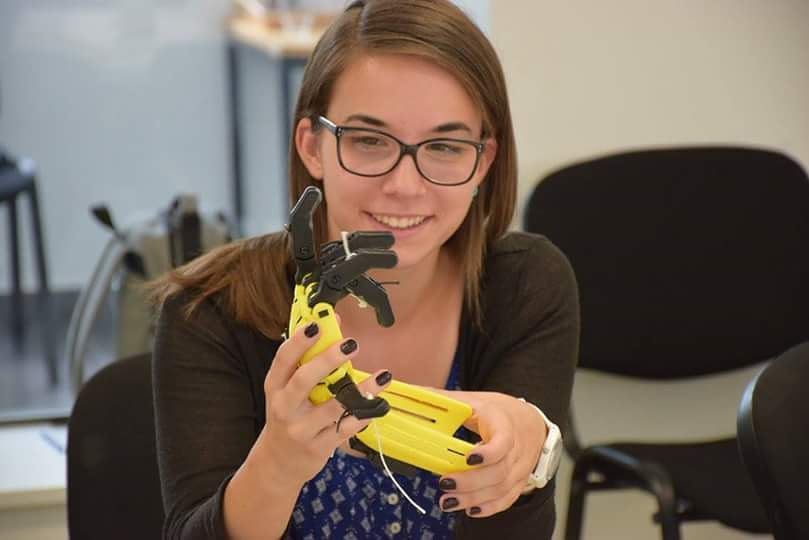A receptor discovered by using artificial intelligence developed at the Szeged Biological Research Centre (SZBK) has opened a new potential avenue in protection against Covid-19 infection, the Eötvös Loránd Research Network (ELKH) said.
A team of Hungarian researchers of SZBK’s Biochemical Institute and their partner professors, Peter Cullen and Yohei Yamauchi of the University of Bristol, have found that the SARS-CoV-2 coronavirus can enter the host cell through a receptor they discovered during their research on influenza, ELKH said in a statement.
This receptor, neuropilin-1 (NRP1), was discovered on the surface of the host cell. Several laboratories around the world are working on developing an effective therapy by researching the process of Covid-19 infection. Researches so far have identified the angiotensin-convertase 2 enzyme (ACE2) through which Covid-19 can enter the host cell. Research findings of the AI model developed in Szeged have identified the NRP1 receptor as a potential new target in future Covid-19 therapy in addition to the already well-known ACE2.
hungarymatters.hu
pixabay

















